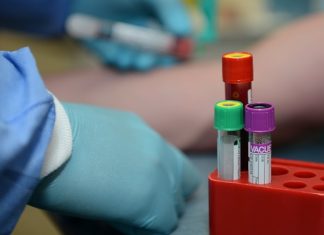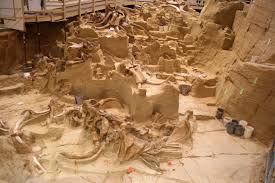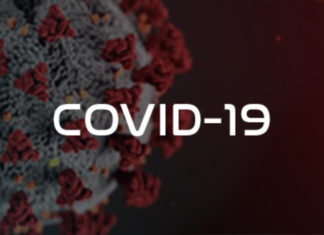 Whether it be biology, chemistry or physics, intro science books don’t seem to give too much credence to the implications of climate change on this planet or on the life that resides within it.
Whether it be biology, chemistry or physics, intro science books don’t seem to give too much credence to the implications of climate change on this planet or on the life that resides within it.
Arizona State Study
In a recent study conducted at Arizona State, two researchers found that less than 4% of pages within undergraduate introductory science textbooks mentioned climate change, as well as other environmental topics such as global warming and renewable energy.
https://www.sciencedaily.com/releases/2018/04/180430160459.htm
Out of the 15,000 pages that were reviewed during the study, less than 2% of pages mentioned anything having to do with climate change and its ramifications. The books that were used for the study included 16 of the leading undergraduate physics, chemistry, and biology textbooks published between 2013 to 2015.
Rachel Yoho’s Discovery
Rachel Yoho, a graduate student at Arizona State University, was interested in the topic of renewable energy when she was an undergrad there. However, she had no idea at the time that her research into the topic would lead her to discover just how little attention the topic of climate change was currently being discussed at her institution, as well as other higher education institutions across America.
Her discovery began as she studied microbes that were able to turn waste into electricity. At this point, she published some groundbreaking papers and decided to dedicate herself to what she thought everyone would agree with as important issues to tackle for the sake of further human development on this planet – renewable energy along with climate change.
As she was in the process of earning her Ph.D., she decided to also get into teaching, specifically science. This is where she discovered that despite plenty of scientific studies that proved otherwise, the U.S. public and government continued to disbelieve that climate change had anything to do with humans at all and that this topic was obviously being overlooked in almost all of the reputable science textbooks across America.
Yoho’s Study & Conclusion
As Yoho continued to examine the major science textbooks at ASU, she was shocked at the scarcity of material that was found on the subjects of renewable energy, climate change, and global warming. She decided to conduct a study of her own and along with her co-author, Rittman, published their research in the journal Environmental Communication.
Their findings, which have already been mentioned above, also concluded several other key points related to climate change and other environmental issues, the results of which are given below.
Biology Textbooks had the most information about climate change but still, less than 2% of the subject was mentioned within their pages.
Renewable energy was the least mentioned subject among the 16 science textbooks that were examined during the study.
Nuclear energy was given a negative light and appeared in less than 1% of the 15,000 pages examined during the study.
In conclusion, Yoho’s study proved that while subjects like climate change, nuclear energy, renewable energy, fossil fuels, and global warming have been deemed as important socio-political topics, they were not given the importance they deserved among the most popular introductory science textbooks that were in circulation at the time of the study.
As these introductory science textbooks not only groom the minds of future scientists but also contribute to well-informed future leaders of the world, Yoho concluded that there should definitely be more information given to undergraduates on these subjects in order to promote and maintain the future health of the planet and its people.
*** Rachel Yoho currently teaches and performs research at Miami University in Oxford, Ohio.











